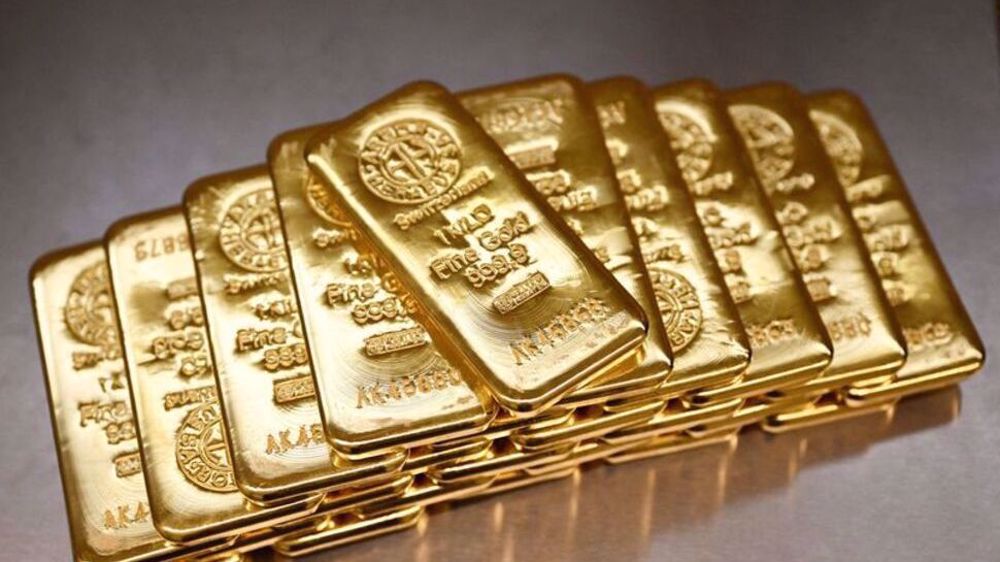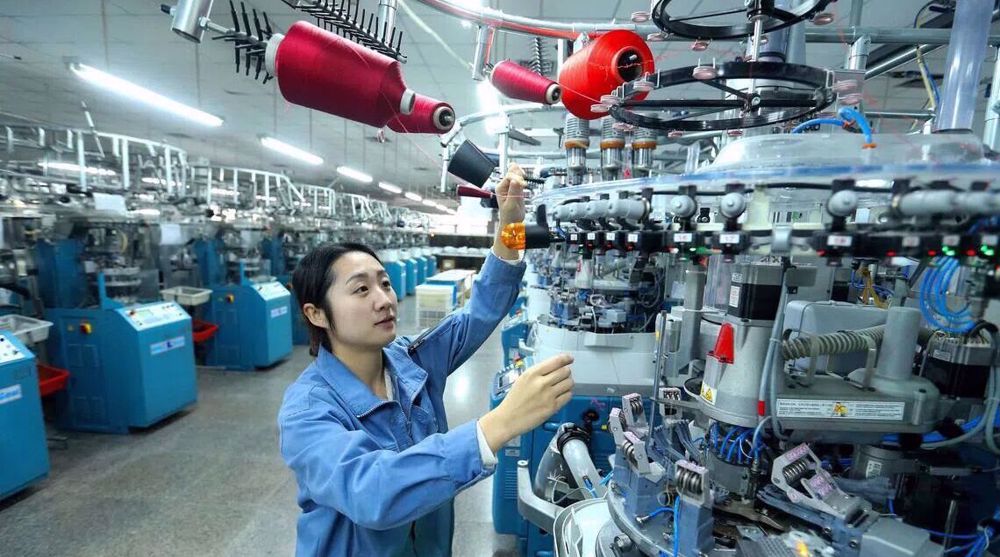Chinese GDP growth slows down to 1990 levels
Asia’s economic powerhouse China records its lowest annual growth rate in a quarter century amid mounting fears of a sharper slowdown in the global economy.
The gross domestic product (GDP) of the world’s second largest economy rose by 6.9 percent in 2015, slumping to its lowest annual expansion rate in 25 years.
Analysts expect the Chinese economy to lose more momentum this year, amid weak exports and slowing investments.
All main economic indices including retail, fixed asset investment, and real-estate were lower than of the previous years, leading economists to believe that the real growth rates may be even lower than the data suggests.
The latest figure is the slowest in the People's Republic since the 3.8 percent of 1990.
The performance of China, a major driver of the world economy, is a crucial concern for global investors, and its fourth-quarter growth also slowed to 6.8 percent, the National Bureau of Statistics (NBS) said.
China's leaders -- who had set a target of "about seven percent" for GDP growth in 2015 -- are looking to transform the country's economic model away from the investment and exports of the past to one more oriented towards domestic consumer demand.
"The economy is in the process of stabilization, but it hasn't stabilized yet," Liao Qun, chief economist at Citic Bank International in Hong Kong, told AFP.
China's services sector accounted for 50.5 percent of GDP in 2015, the NBS said in a statement, the first time it was more than half the economy.
The structural transformation was still underway, it added, calling it "a crucial period during which challenges need to be overcome and problems need to be resolved."
"The task of comprehensively deepening the reform is still heavy," the body said.
Last year's growth figure was well below the 7.3 percent recorded in 2014.
"The situation in 2016 will be more or less the same as in 2015 and China's economic growth will still face a complicated and volatile international situation," NBS chief Wang Baoan told reporters.
Unexpected moves in China’s Yuan exchange rate, after a surprise devaluation in August, have also disturbed investors in recent weeks, who worry that the real picture is worse than portrayed and authorities may not have the ability to implement reform and manage the transition to a more market-driven economy.
Banned US thermal bombs 'vaporized' thousands of Gazans: Report
Leader hails Iranians for disappointing enemies with multimillion rallies
VIDEO | 'Land of Angels' sweeps 44th Fajr Film Fest. awards
Iran dismisses claims of detainee rights violations as ‘psychological warfare’
VIDEO | The business of humanity
VIDEO | 47th anniversary of Islamic Revolution marked in Russia
Two US Navy ships collide near South America amid Trump buildup
Over 2,000 Britons served in Israeli military during Gaza genocide: Report










 This makes it easy to access the Press TV website
This makes it easy to access the Press TV website